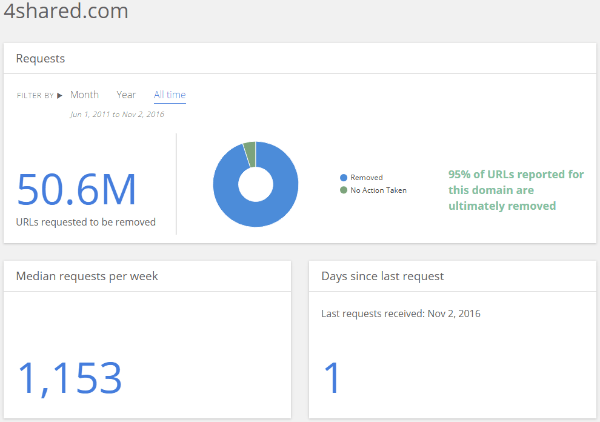Copyright Industries Back Hillary Clinton’s Presidential Campaign
dimanche 6 novembre 2016 à 21:33 This coming Tuesday the world will find out who is going to be the President of the United States during the years to come.
This coming Tuesday the world will find out who is going to be the President of the United States during the years to come.
During the past several months, news coverage have been dominated by mud-slinging from various sides, while surprisingly little has been said about future policy.
That’s odd considering the fact that the next President has an important say in the direction the country will take going forward.
Today we’ll take a look at which candidate is favored by various entertainment industries. This includes the major movie studios, record labels, and TV-production companies.
While most of these organizations haven’t publicly endorsed a candidate for the presidential election, their publicly listed donations paint a clear picture. Pretty much all copyright industries favor Hillary clinton by a landslide.
Counting all donations that were made during the 2016 election cycle, released publicly by the Federal Election Commission, we see a pattern emerging.
Companies and individuals in the copyright-heavy TV, music and movie sector want Hillary for president. Together they donated $6,835,455 to Hillary Clinton compared to only $139,429 for Donald Trump.
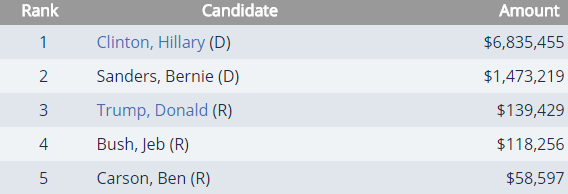
Looking in more detail at the various subsections, we see that the Motion Picture Production & Distribution industry, with players such as Dreamworks, Sony Corp, 21st Century Fox and Time Warner, also favor the democratic candidate. Together, they have donated $2,634,014 to Clinton, and $33,548 to Trump.
The gap is even greater in the TV production category where companies such as CBS, ABC and Walt Disney donated $634,757 to Clinton, versus a measly $3,455 to Trump.
In the music business the same trend emerges. Hillary Clinton received a healthy $737,955 in donations from companies such as Vivendi, Sony Music Entertainment and Warner Music Group, while Trump got $17,850.
Overall it’s safe to conclude that these copyright industry related companies favor Hillary in the White House.
This, in contrast to copyright industry adversary Kim Dotcom, who’s one of the main critics of the Democratic candidate.
Over the past weeks Dotcom hasn’t spared Clinton his critique on Twitter, to say the least…

That said, the copyright industries are not alone in their financial support for Hillary, who has raised more than twice as much money than Trump. Clinton is the favorite in most sectors.
Many Internet companies which are often positioned against copyright interests, also favor Clinton over Trump.
Is there no-one favoring Donald then? Well… the building materials & equipment companies in the construction sector favor Trump over Clinton, $270,175 vs. $159,441.
So what does this all mean?
As with pretty much all facts and figures discussed in the election campaigns, it’s a matter of spin. Clinton will be pleased to see that these companies and related individuals have so much trust in her, while Trump will see it as a sign of a corrupt system where industries can buy favors. And so the mud-throwing continues.
In any case, don’t shoot the messenger…
—
The donation data reported in this article was obtained through the Center for Responsive Politics, a Washington D.C. based nonpartisan research group. The industry data includes both donations from the companies directly and related individuals, as explained here.
Source: TF, for the latest info on copyright, file-sharing, torrent sites and ANONYMOUS VPN services.

 Copyright is a double-edged sword. Those who sharpen one side often get cut by the other, with all the painful consequences that come with it.
Copyright is a double-edged sword. Those who sharpen one side often get cut by the other, with all the painful consequences that come with it. 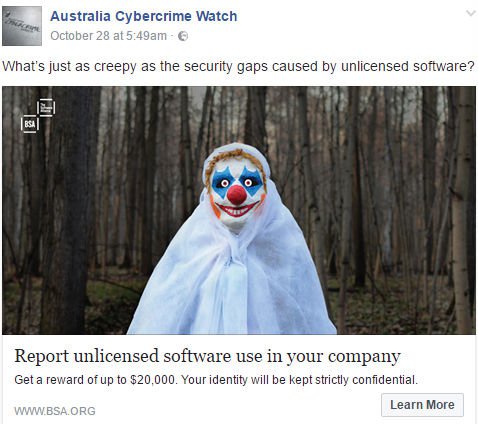

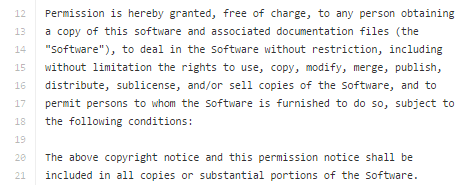

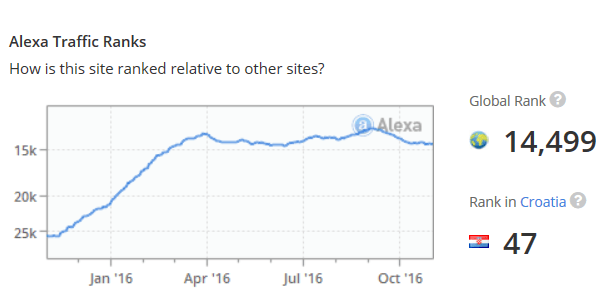
 As one of the largest online file-sharing services,
As one of the largest online file-sharing services, 